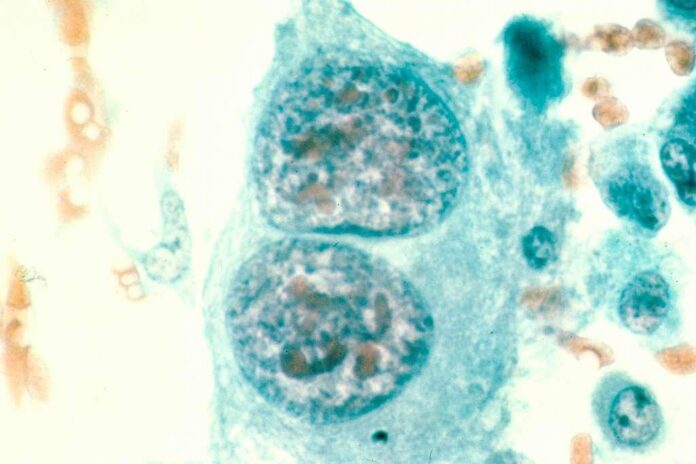
Bone cancer is a type of cancer that starts in the bones. It can occur in any bone in the body, but it most commonly affects the long bones of the arms and legs. Bone cancer can cause various symptoms, which can vary depending on the location and stage of the cancer. Recognizing the symptoms of bone cancer is important for early detection and treatment. In this article, we will discuss the common symptoms of bone cancer.
1. Bone Pain
One of the most common symptoms of bone cancer is persistent bone pain. The pain may initially be mild and intermittent, but as the cancer progresses, it can become more severe and constant. The pain is often worse at night and can be aggravated by physical activity. It may also be accompanied by swelling and tenderness in the affected area.
If you experience unexplained and persistent bone pain, especially if it worsens over time or is not relieved by rest or over-the-counter pain medications, it is important to consult a doctor for further evaluation.
2. Swelling and Tenderness
Swelling and tenderness in the affected bone are common symptoms of bone cancer. The area may feel warm to the touch and appear visibly swollen. The skin over the affected bone may also become red and tender. If you notice any unexplained swelling or tenderness in a specific area of your body, it is important to seek medical attention for further evaluation.
3. Fractures and Bone Weakness
As bone cancer grows, it can weaken the affected bone, increasing the risk of fractures. Bone fractures related to bone cancer can occur with minimal or no trauma, and the affected bone may appear deformed. If you experience a sudden and unexplained bone fracture, especially in a weight-bearing bone such as the hip or leg, it could be a sign of bone cancer. It is important to consult a doctor for a thorough evaluation.
4. Fatigue and Weakness
Fatigue and weakness are common symptoms of many types of cancer, including bone cancer. As the cancer grows and spreads, it can interfere with the normal functions of the body, leading to fatigue and weakness. If you experience persistent and unexplained fatigue, especially if it is accompanied by other symptoms such as bone pain or fractures, it is important to seek medical attention for further evaluation.
5. Weight Loss
Unexplained weight loss can be a symptom of advanced bone cancer. As the cancer progresses, it can affect the body’s metabolism and lead to unintended weight loss. If you experience significant and unexplained weight loss without changes in diet or exercise, it is important to consult a doctor for further evaluation.
6. Limited Range of Motion
Bone cancer can affect the joints near the affected bone, leading to a limited range of motion. You may experience stiffness and difficulty moving the affected limb. If you notice a sudden and unexplained limitation in the range of motion in a joint, it is important to seek medical attention for further evaluation.
7. Numbness and Tingling
If bone cancer affects the nerves near the affected bone, it can cause symptoms such as numbness, tingling, and weakness in the area. You may also experience a loss of sensation or muscle function. If you notice any unexplained changes in sensation or muscle function, it is important to consult a doctor for further evaluation.
8. Fever and Night Sweats
Fever and night sweats can be symptoms of advanced bone cancer. As the cancer progresses, it can affect the body’s immune system, leading to symptoms such as fever and night sweats. If you experience persistent fever or night sweats without an obvious cause, it is important to seek medical attention for further evaluation.
9. Soft Tissue Mass
In some cases, bone cancer can cause the formation of a soft tissue mass near the affected bone. The mass may feel tender to the touch and may grow in size over time. If you notice any unexplained soft tissue mass near a bone, it is important to consult a doctor for further evaluation.
10. Anemia
Anemia, or a low red blood cell count, can be a symptom of advanced bone cancer. As the cancer progresses, it can affect the production of red blood cells, leading to symptoms such as fatigue, weakness, and shortness of breath. If you experience unexplained symptoms of anemia, it is important to seek medical attention for further evaluation.












